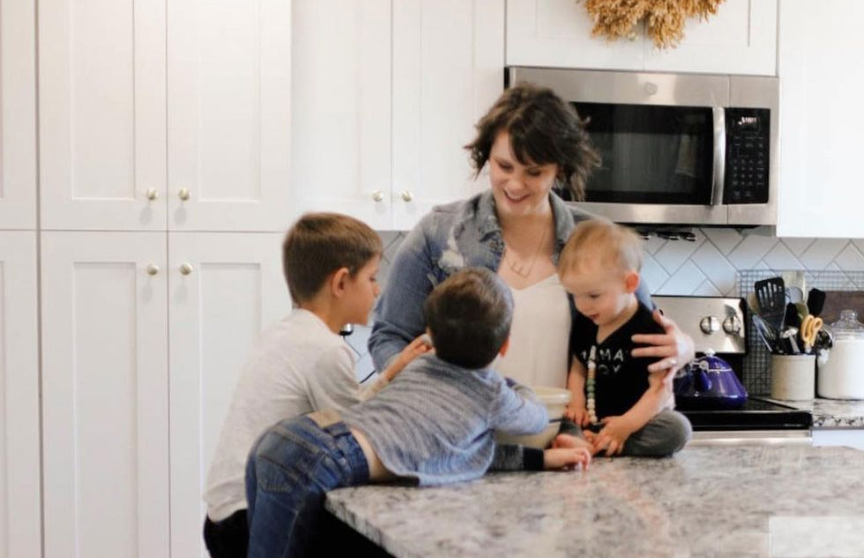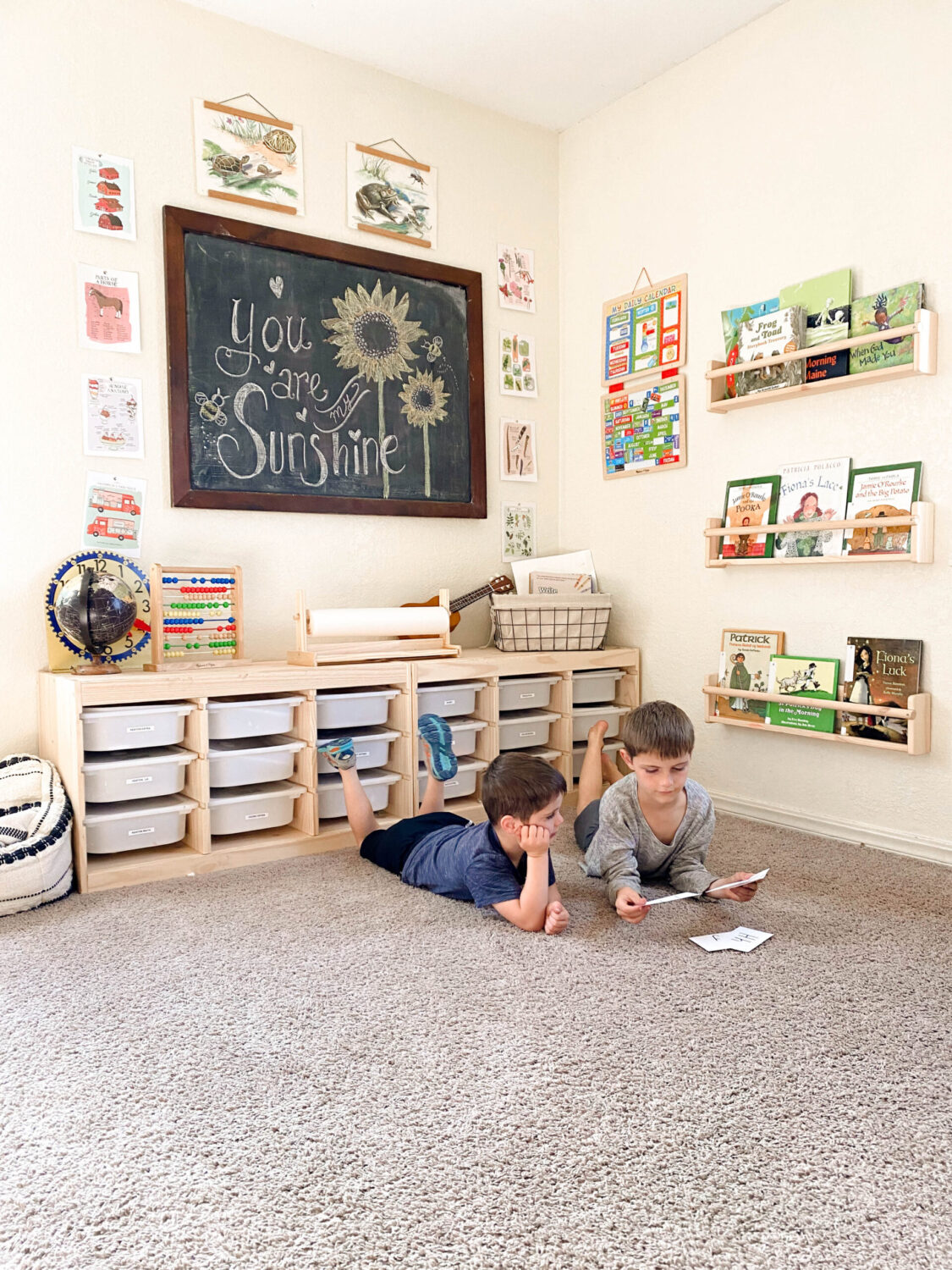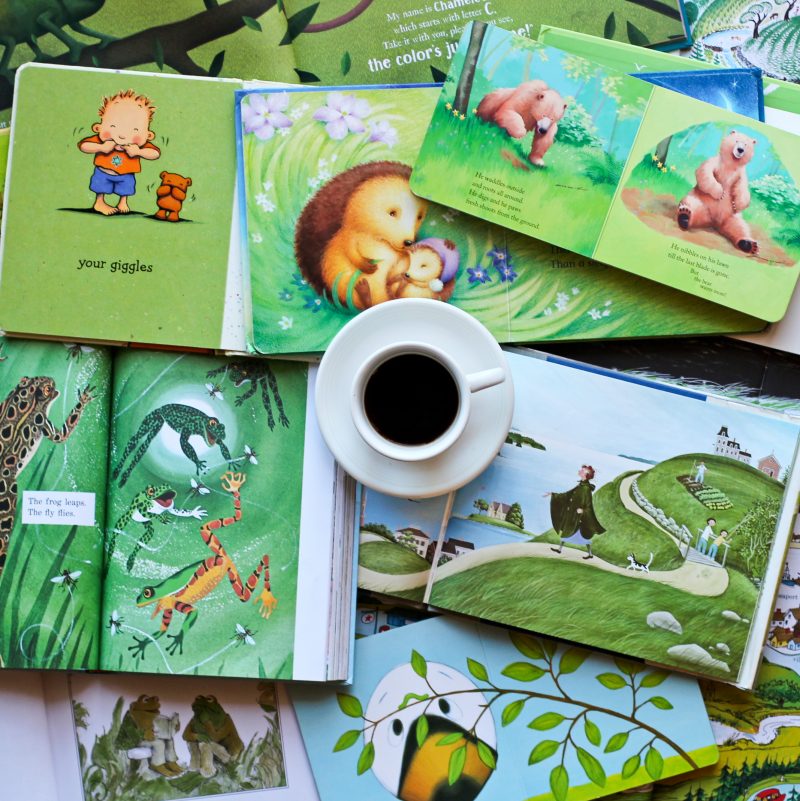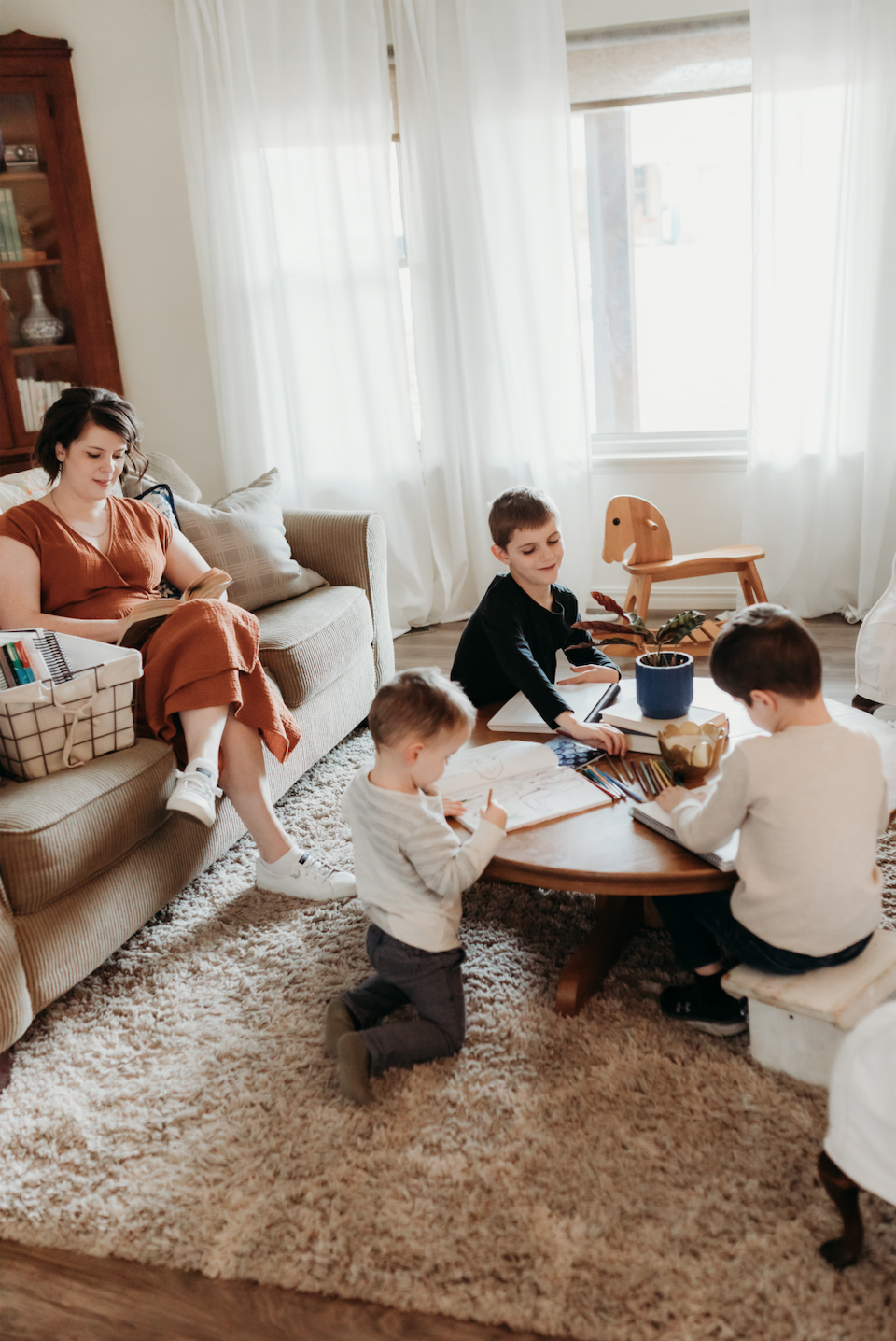How to Teach Kids new Habits
Have you been wondering how to teach kids new habits? Maybe you looked around and have noticed you’re doing everything. You know your kids are old enough to start, but you don’t know how to start them. I hope walking you through how I’ve created habits in our kids, will help you do it for yours too.
Make it Visual
To teach Kids new habits Make a chart and hang it somewhere VERY obvious for the whole family. I keep the front of our fridge completely empty, so anything hung on the front is VERY obvious. The chore chart is kept on the front of the fridge to prompt me and them to remember this is our new goal. This time I hung with it our list of summer fun, so it was appealing not just work.
Start Small
Don’t look at lists of chores that you find online and decide your kids should be doing all of them as well as you are. Look over age-appropriate chores and pick one that you want to train them to do. Assess your home and how it works to decide what they are able to help with. For instance, our kids will be much older before they do laundry because our washer and drier are on a platform with no way to put a stool near it. You know your home, so you decide what your kids should help with. No one else can tell you what that is.
Pick one or two things to start on. For me, we started with a VERY simple morning routine. Dishes in the sink, get dressed, and put your pajamas back in the drawer (or in the laundry basket).
(Even learning to read can start with habits!)
Block off a week or two
Don’t try to start this on a week you have a deadline at work, your schedule is booked, or your days are already full. I purposely save our training of new tasks for the first couple of weeks of summer! During these weeks we are all fresh and feeling like something new. Then I can hold these routines through the rest of the summer and they are solidly built by the time we launch into the new school year.
I think of it a little like potty training. It’s not all day every day like potty training, but I also don’t want to start if I can’t be consistent, and set my kids up for success!
(Here are more examples of simplicity in parenting!)
Be Attentive
When you’re first starting a new task. Don’t expect to do your own chores. Don’t expect to use your phone. Just seal off that time and walk them through step by step. Give them the verbal direction and encouragement they need to keep going. I also like to have something they are looking forward to doing for when we are done.
During the school year, they got to watch some morning tv while I got ready. I announced with summer that we were going to do our morning routine and then they could watch tv! Cheers went up and we got started. When they ask if they can watch tv after the first few days I reply “Sure! Have you already done your morning routine?” If they haven’t then I redirect them to their list, and when they are finished we watch tv!

Find the Trigger for your new Habit
If you don’t do screen time you can do it before your summer popsicles, before they play games together, before an audiobook, etc. What you do need is a trigger for the new habit! Something they will ask for and you will be prompted to direct them to the list. You want the trigger to be something they want to do, so they are begging for it all the time and it reminds you to start the new routine.
Hand it Over
Once they mastered those three things so well that I could say “Do your morning routine.” and they could do it, then we added more to it. I go back and check, but after the first few days when I can tell they’ve got it. I try to let them have ownership of the process. They can look at their own chart and do it from start to finish! Being responsible and self-driven gives them a sense of ownership and responsibility.
(Letting my kid’s enjoy a hands-off morning basket has also helped our routine!)
Identity
Form phrases that connect your kid to the habit you are forming together. These may be just as important for you as they are for your kids to remind you why you are taking the time to do this. “We are a family that works together.” “You’re such a valuable member of our team.” “The work isn’t done until we are all finished.”
This is how we teach our kids new habits. How do you do it in your family?







